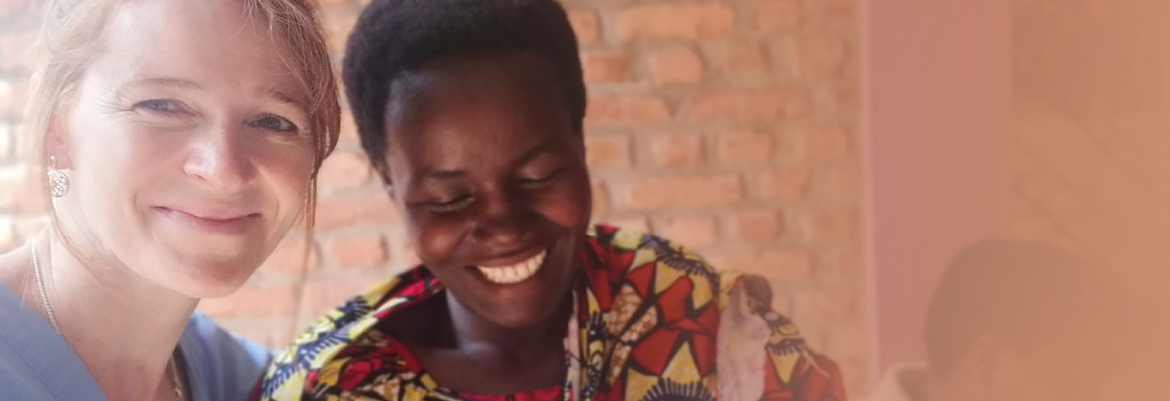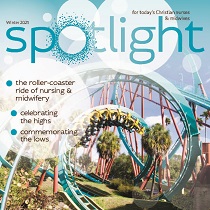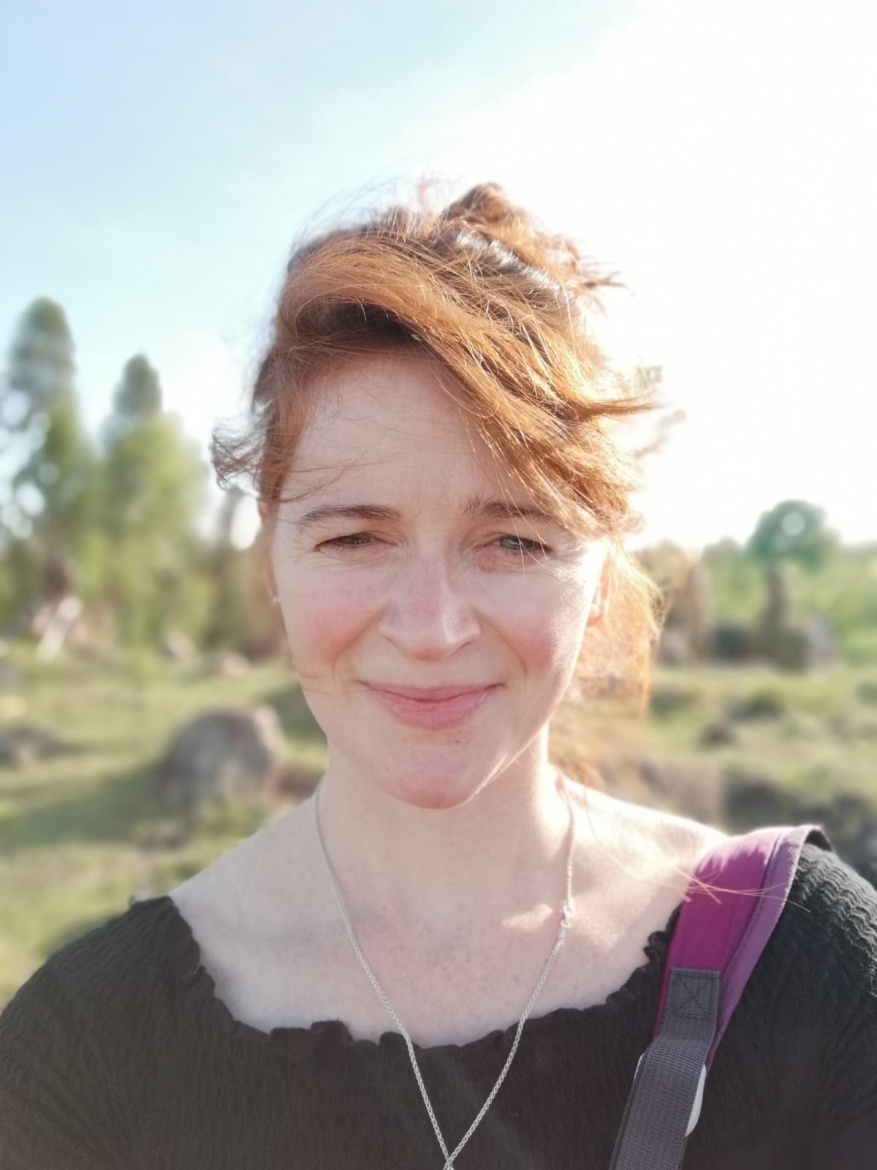Spotlight: Hello Ruth! Thank you so much for agreeing to be interviewed for our magazine, we really appreciate it.
How did you become a midwife?
Ruth Sloman: I studied nursing to begin with because I felt God calling me to work in resource-poor settings. During my student elective, an African doctor told me that to have the most significant impact on a community, you need to help the women. 'By helping the women, you help the family, you help the community, and you help society.' That really stuck with me and was an answer to prayer because I had been praying about whether to do midwifery or not.
S: How did you end up in Burundi?
RS: Initially, when I reached out to this organisation, they told me the maternity unit hadn't been built yet! So, I left it, worked in London and got some experience helping set up a home birth team. Then, when I contacted them again, they replied, 'this is really funny, you're the third Ruth to get in touch, and our current midwife called Ruth is leaving soon'. So, I organised a visit for two weeks as part of my CMF Global Track [1], and I felt this is where I should be. I loved their vision.
S: What has been your most memorable birth?
RS: At the end of May, we had a woman come in who was having her first baby. I heard her say, 'There's something coming out!' and it was a foot! It ended up being an extremely difficult breech birth. The baby was not coming, and the manoeuvres we did…well, it was difficult to watch. The baby needed extensive resuscitation, and I thought maybe she wouldn't breathe for herself. But thankfully, she responded. We prayed that she'd have no problems, no damage to her brain and what a miracle! I saw this baby at a party, and she was smiling! She's reaching her developmental milestones. It's amazing what God did. Really incredible.
S: If you could have one piece of extra equipment, what would you have and why?
RS: A neonatal reusable sats probe and some Guedal airways. Oh, and a ventouse machine! We don't need it right now, but we're opening a caesarean section unit, so we'll need it then.
S: What do you truly enjoy that's unique to working in Burundi as opposed to the UK?
RS: In some ways, it's good that there is no pressure on health practitioners to write essays of documentation; however, here people don't document enough, which is something we're trying to work on. But also, I think in the UK we can practice quite defensively. We have a lot of people holding us to account; the NMC, the patient, our employer. Partly it's what drives good practice, but it's nice to have freedom to work without the fear of litigation looming over you. It's also lovely to work in a community where people are so sociable. Not everything has to be private and individualised. We have lots of group discussions. It's a good use of your time so you're not repeating yourself to lots of different people. The women here prefer to talk in groups rather than one-to-one, as it's less intimidating.
S: What piece of advice would give out midwifery members who are thinking of going overseas?
RS: In a resource-poor setting, one thing I've realised most is that the poorest resources are the human resources. You don't need loads of equipment and fancy things to make a huge impact. You can do a lot with very basic materials. But you do need to be confident in your own skills. Get any extra little bits of training you can. Remember we're really blessed in the West to have a good education and one-on-one mentors. Here they can't give a good quality education. Their classes are packed! You are going to be seen as the expert. If you're not so confident, go somewhere where there's someone who can mentor you.
S: Lastly, what does it mean to you to be part of CMF?
RS: The more I've felt God calling me to mission, the more valuable it's been to me to know and meet people who have a similar heart. Healthcare mission is quite niche in a way, so it's great to have supportive people that understand what your issues might be or the challenges you might face and who can advise you.
Thank you so much, Ruth. May God bless you.
Ruth Sloman is a midwife working in Burundi
































